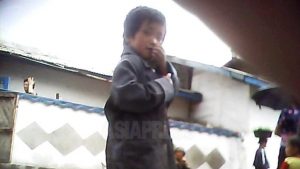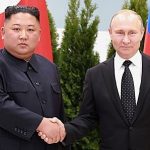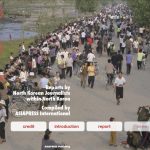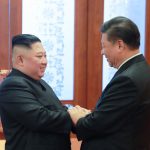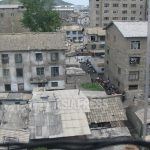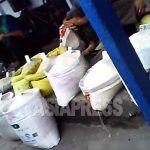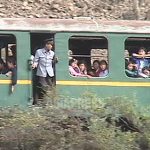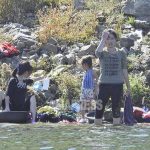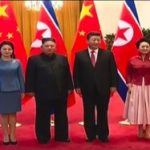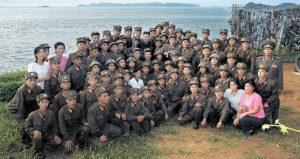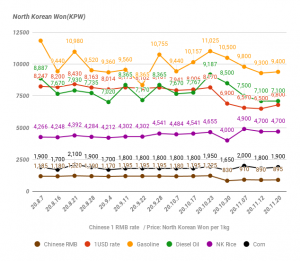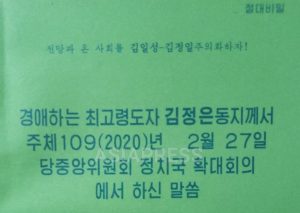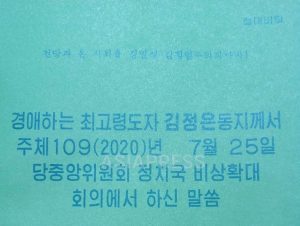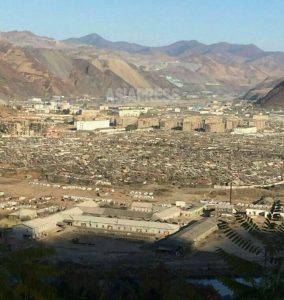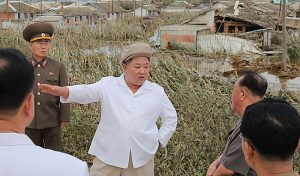2016/Dec/2
“Kotchebi” is a North Korean word only. It is not in the Korean dictionary since it is a slang used only in North Korea.
In 1997, a large number of North Korean people defected into China. What was going on in North Korea? In order to understand the situation inside North Korea I met with a number of defectors one after another in the Yanbian Korean Autonomous Prefecture in Jilin Province, China.
All the refugees said the same thing, “Black markets and transport stations are full of kotchebi. They have become beggars and thieves, stealing food. The dead bodies of the kotchebi are left laying in the streets.” I had never heard of the word “kotchebi” before this. The word refers to the homeless people and street children who have lost their parents and have ended up living on the streets.
Again, the word kotchebi is not in the Korean dictionary. None of my South Korean friends knew the word or where it originated from. In the South Korean language “Kot” means a flower and “Chebi” means a swallow. Therefore, they guessed that kochebi means “flower swallow”.
Related Article: [Video Report] Kotchebi Girls, Sexually Abused and Exploited
The word kotchebi has become prevalent in North Korea apparently because the way the kotchebi roam around in search of food, to everyone there they resemble hummingbirds hovering from flower to flower.
The people supporting North Korean refugees around the border between China and North Korea have conveyed the word kotchebi back to South Korea where it is commonly used now within organizations dealing with North Korean refugees.
Once I had an interview with an old but highly knowledgeable North Korean defector and asked him the origin of the word. He immediately denied the assumption mentioned above and said that, “it actually came from the Russian language. In Russian, “кочевой” means “wandering” and “nomads”. After the Korean Armistice Agreement was signed, people from the Soviet Union came into North Korean to support restoration. They called homeless people “кочевой” and it gave birth to the word kotchebi in the North Korean language.
Next page: ‘Kotchebi’, the Homeless, under the Kim Jong-un regime...
